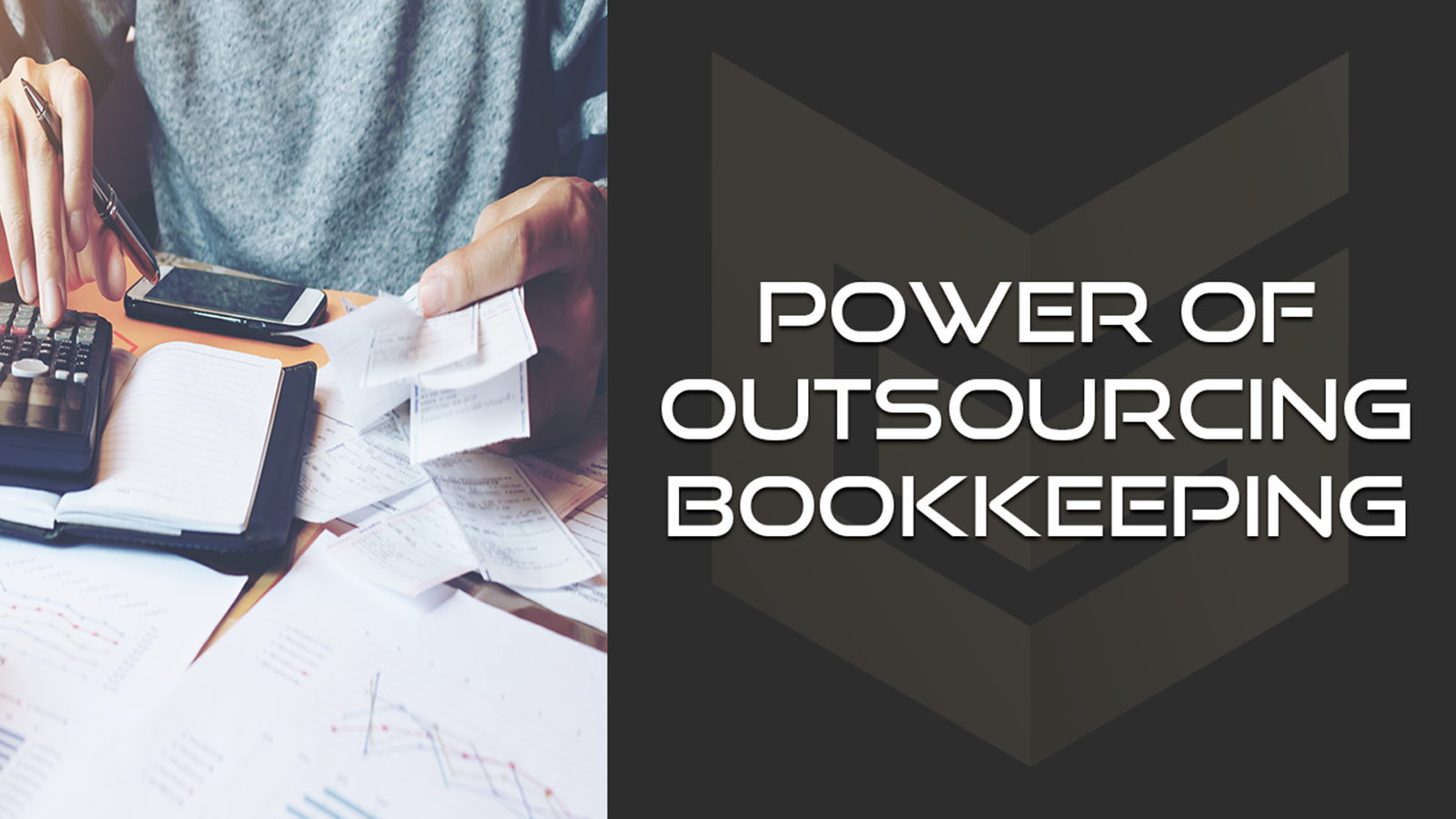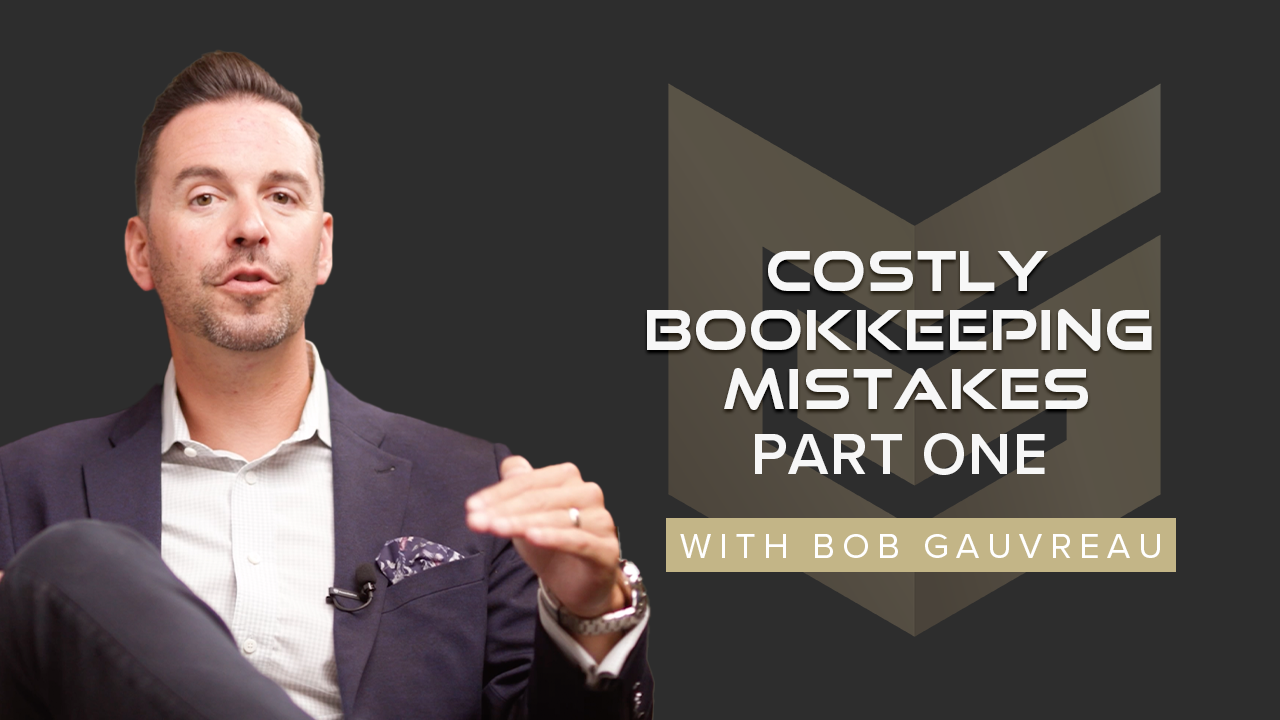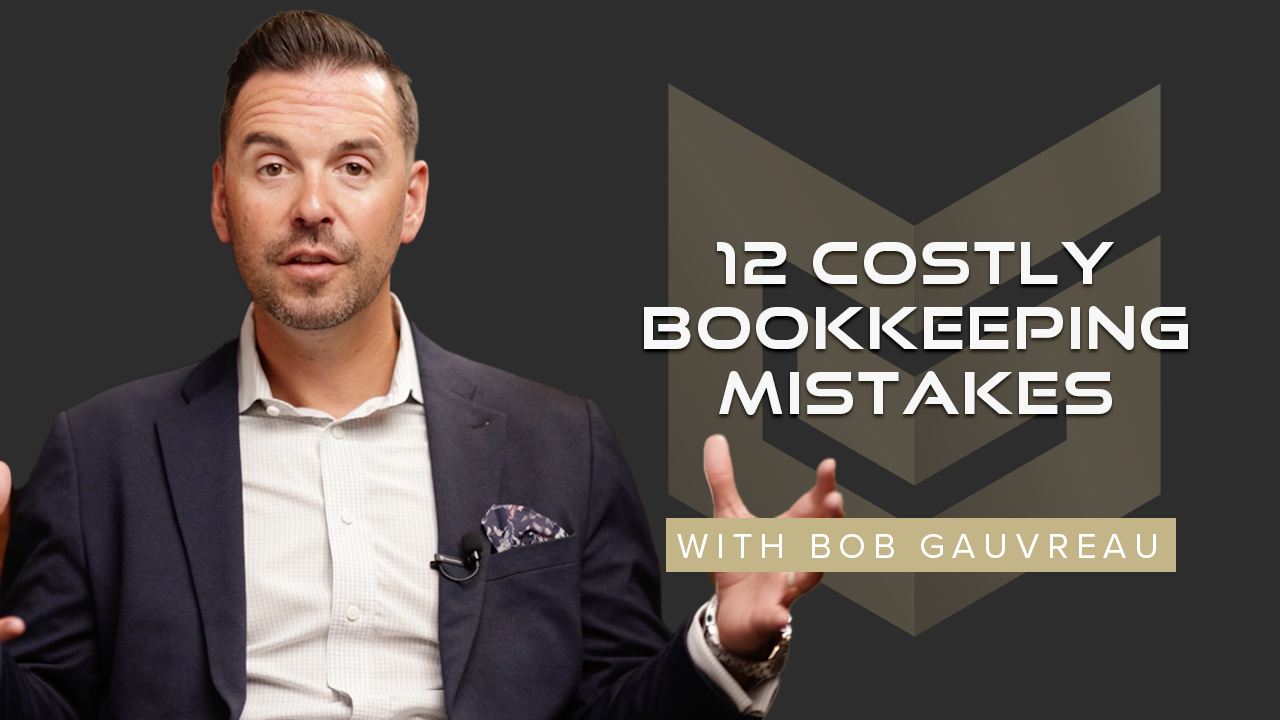Are you eager to take control of your business's financial health? Well, you're in the right place. In this blog post, we're diving into the essential monthly financial reports that every business owner should be reviewing with their bookkeeper. These reports provide valuable insights into the financial well-being of your company, helping you make informed decisions and keep your business on the right track.
1. Income Statement or Profit and Loss Statement
Let's kick things off with the income statement, also known as the profit and loss statement (P&L). This report is a comprehensive snapshot of your business's revenue and expenses. It breaks down expenses into two main categories: direct expenses and overhead expenses. Direct expenses relate to the cost of producing your goods or services, while overhead expenses include items like rent, utilities, and salaries.
The income statement offers several key advantages. First, it helps you identify your gross profit, which is crucial for understanding whether you're charging appropriately and delivering efficiently. Second, it reveals if your business is generating a bottom-line profit, providing you with a clear picture of your financial success.
2. Balance Sheet
The balance sheet is another indispensable report that lists your assets and liabilities. On the asset side, you'll find items such as cash, accounts receivable, inventory, prepaid expenses, and capital assets (like vehicles and equipment). Liabilities, on the other hand, encompass accounts payable, sales tax payable, business taxes payable, wages payable, and any long-term debts.
Monitoring your balance sheet regularly is essential. It helps you ensure your records align with reality. Your cash balances, accounts receivable, and other assets should match what you expect. If something is amiss, it's a clear indicator that you need to investigate and take action.
3. Cash Flow Statement
Cash is the lifeblood of your business, and understanding your cash flow is crucial. While many accounting systems don't readily generate a cash flow statement, you can create a makeshift version by comparing balance sheets from different periods.
To get a handle on your cash flow, compare your balance sheets for different months or periods. When you notice significant changes in your cash balance or other assets and liabilities, investigate the reasons behind these shifts. This report will help you see how your profits and changes in assets and liabilities affect your cash flow.
Supplementary Reports
Apart from these core reports, you should also review accounts receivable and accounts payable reports. The accounts receivable report provides a detailed view of who owes you money and for how long. This information allows you to stay on top of collections and ensures that money flows into your business as quickly as possible.
On the flip side, the accounts payable report is equally important, especially if you want to manage your cash flow effectively. It highlights your upcoming financial obligations, enabling you to prepare for any payments you need to make in the near future.
By regularly reviewing these reports, you'll gain a deeper understanding of your business's financial health. The data will help you make informed decisions, identify opportunities for growth, and ensure that your business remains financially stable. So, why wait? Start leveraging these monthly reports to drive your business's success.
Have you been actively monitoring these crucial financial reports for your business? If not, it's time to start. Take charge of your financial well-being and use these reports to make data-driven decisions that will lead your business to greater success.
If you need help or have any questions about financial reporting, don't hesitate to reach out to us. We're here to support you in your financial journey.
 Gauvreau Accounting Tax Law Advisory
Nov 30, 2023
Gauvreau Accounting Tax Law Advisory
Nov 30, 2023


